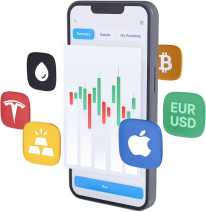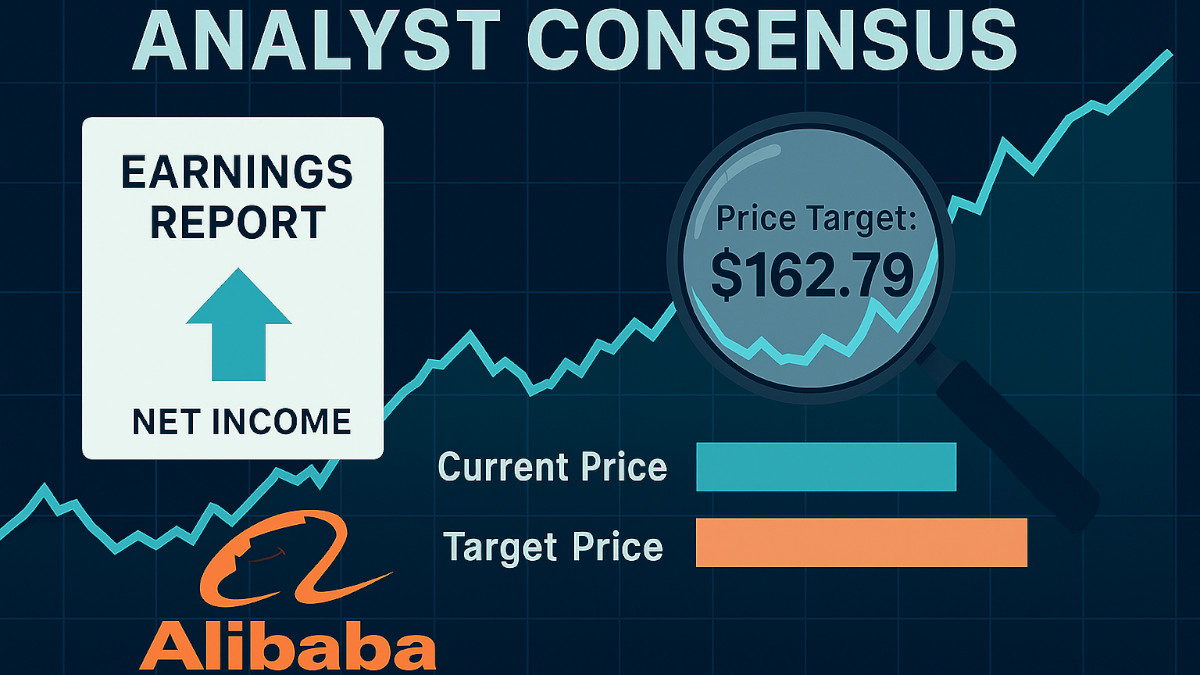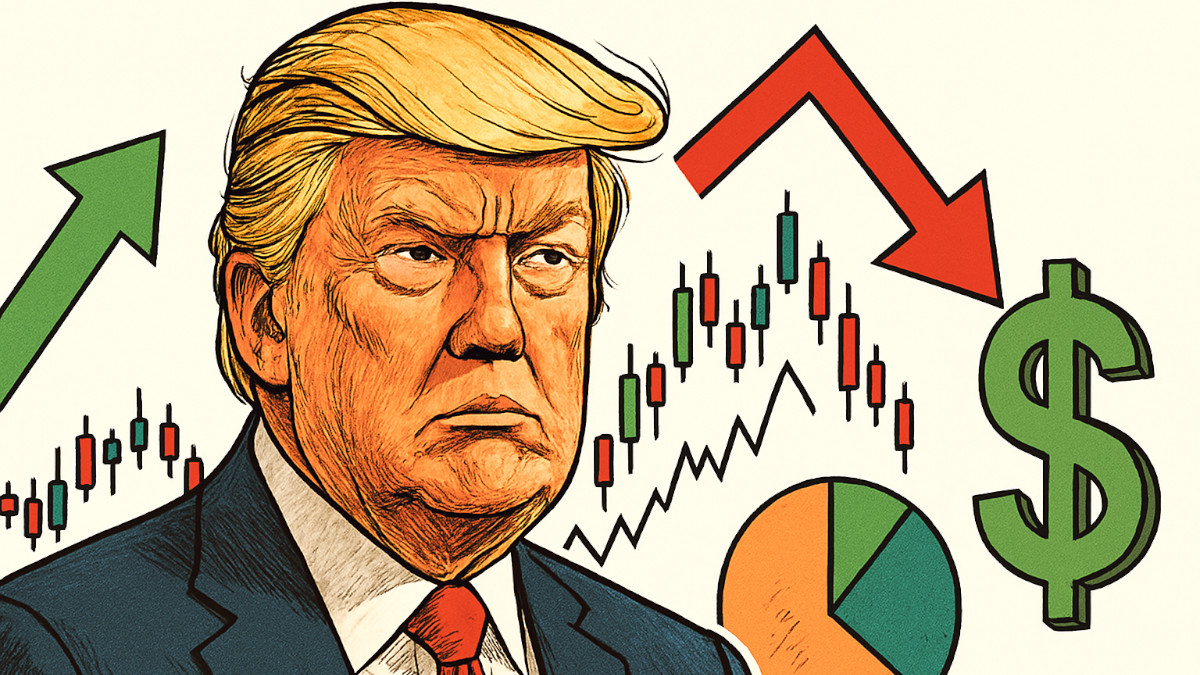Global Markets Steady as Investors Await Powell's Speech

Global markets held relatively steady as investors awaited a highly anticipated speech from Federal Reserve Chair Jerome Powell, which could provide clues on the central bank’s next monetary policy steps.
The Federal Reserve recently implemented a 50 basis points interest rate cut, and speculation is growing that another similar cut may be on the horizon in November. Powell's speech is unlikely to dramatically shift market expectations.
However, the speech is expected to reinforce Powell's previous comments, suggesting that further rate cuts remain a viable option as inflationary pressures moderate.
Key Takeaways
- Investors are focused on Jerome Powell's speech for insights on future rate cuts.
- The dollar index remains steady as markets await further Fed guidance.
- UK growth is slowing, but a recession remains unlikely, according to Capital Economics.
- China's latest stimulus measures are seen as crucial but not an immediate solution to its economic challenges.
- South Korean and Japanese markets are under pressure, while Singapore shows signs of recovery in exports.
- Eurozone government bond yields fall following Austrian elections, reflecting political uncertainty.
U.S. Dollar Steady Amid Fed Speculation
The DXY dollar index remained flat at 100.374, reflecting the market's cautious stance ahead of Powell's remarks. Despite the possibility of a 50 basis points rate cut in November, the dollar's stability suggests that investors are waiting for further confirmation of the Fed's long-term strategy.
UK Growth Moderates, But Recession Unlikely
UK revised GDP data showed slightly slower growth than previously estimated. The economy expanded by 0.5% in the second quarter, down from the initial estimate of 0.6%.
Paul Dales, chief U.K. economist at Capital Economics, suggests that the slower growth is largely due to stronger performance in the previous year. Despite the moderation, Dales remains optimistic, forecasting that the UK will avoid a recession in the second half of the year.
China's Stimulus Faces Challenges
China's economy remains a focal point for investors, particularly as the country's latest stimulus measures begin to take effect. Analysts at Citi believe this round of stimulus differs from previous efforts, with a greater sense of urgency among Chinese leadership to revive economic growth.
However, they caution that the stimulus may not be a quick fix for China's deep-seated property market issues. The country’s economy has struggled since the second quarter, and while policymakers are trying to reignite growth, much will depend on the successful and timely execution of these initiatives.
South Korean and Japanese Markets
Asian markets closed lower as concerns about the global economic outlook weighed on investor sentiment.
- In South Korea, the Kospi index dropped 2.1%, marking a 3.0% decline for the month. The sell-off was driven by losses in large-cap stocks such as Samsung Electronics (-4.2%) and SK Hynix (-5.0%).
- Japan's Nikkei Stock Average fell sharply, dropping 4.8% amid concerns about policies from incoming Prime Minister Shigeru Ishiba. Investors fear potential tax hikes, while a stronger yen exacerbated the market’s decline. Automakers such as Toyota (-7.6%) and Honda (-7.0%) were among the biggest losers.
Singapore's Export Growth Shows Promise
Singapore's economy is set to pick up pace in the second half of the year. The city-state’s export performance improved significantly in August, with electronic exports surging by 35.1% year-on-year.
This recovery in exports, coupled with growing confidence in the manufacturing and services sectors, suggests that Singapore is well-positioned to weather external headwinds.
Eurozone Government Bond Yields Fall After Austrian Election
In Europe, government bond yields in Austria and Germany dropped following Austria’s national elections, in which the far-right Freedom Party emerged as the largest political force.
Despite the party’s success, traditional parties have vowed not to cooperate with it, leading to expectations of lengthy coalition talks.
- Yields on Austrian 10-year bonds fell by 0.6 basis points to 2.650%․
- German Bund yields slipped to 2.137%.
- Italian government bonds saw narrowing spreads compared to their French counterparts, driven by ongoing foreign demand.
Bottom Line
As markets continue to grapple with inflation, geopolitical risks, and divergent growth trajectories, investors are maintaining a cautious yet hopeful outlook.
The Federal Reserve’s next steps remain pivotal for global markets, particularly with Powell’s upcoming speech. Meanwhile, the potential for further stimulus in China, gradual improvements in export performance across Asia, and steady policy responses from central banks in Europe and the UK offer reasons for optimism.
However, the persistence of underlying challenges, particularly in China’s property market and global manufacturing, suggests that markets may continue to experience bouts of volatility in the months ahead.







